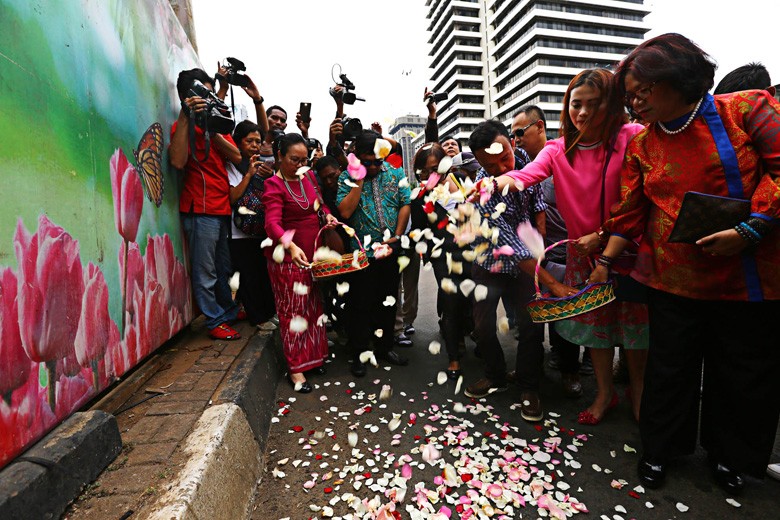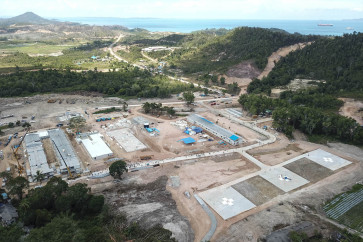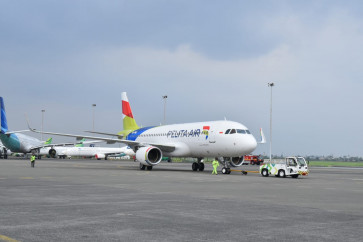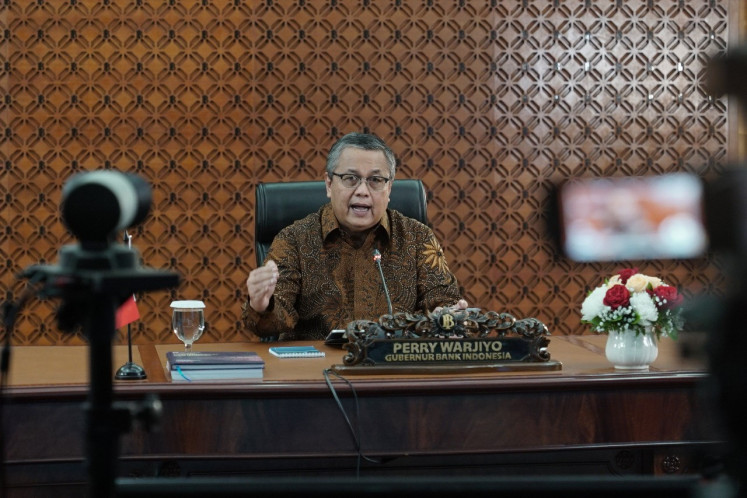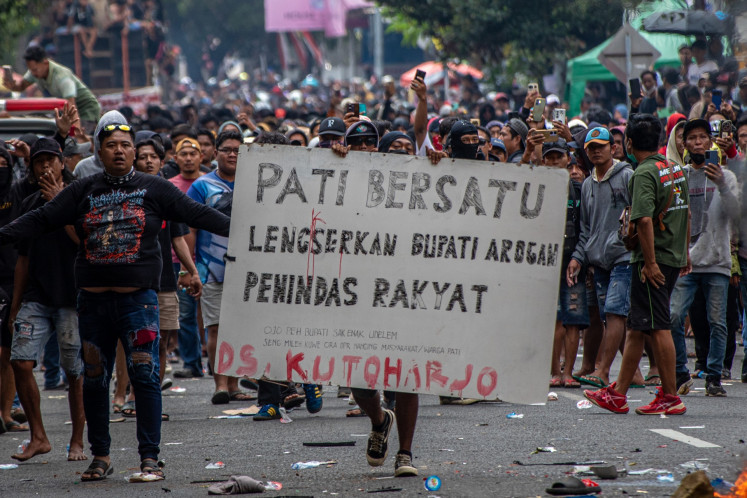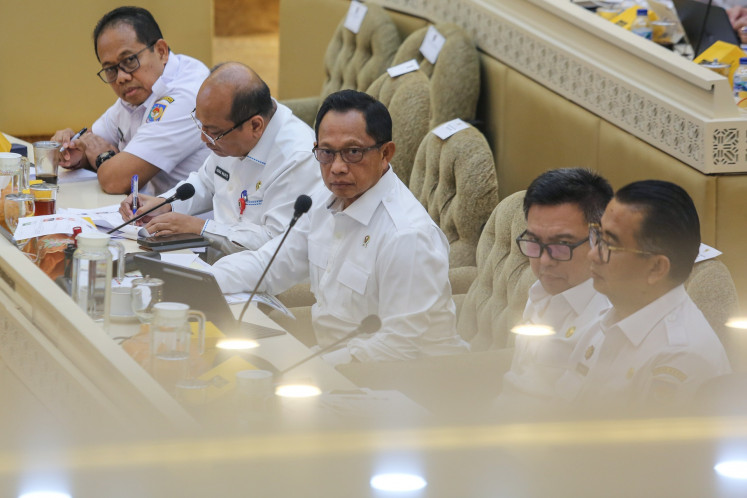Popular Reads
Top Results
Can't find what you're looking for?
View all search resultsPopular Reads
Top Results
Can't find what you're looking for?
View all search resultsTerrorism Law should include medical costs for victims: Lawmaker
Change text size
Gift Premium Articles
to Anyone
M
edical coverage for victims of terrorist attacks must be included in revised articles of the 2003 Terrorism Law currently being deliberated by the House of Representatives, a lawmaker says.
"The well-being of victims has been one of our biggest concerns since the beginning of the deliberation," House terrorism bill committee chairman Muhammad Syafi'i said on Tuesday.
According to prevailing rules, the Witness and Victim Protection Agency (LPSK) is obliged by law to provide legal and physical security to victims, including medical assistance.
Syafi'i said, however, that the current victim protection law had not been effectively implemented because the process to obtain compensation was complicated.
Peaceful Indonesia Alliance (AIDA) director Hasibullah Satrawi said the current draft bill did not accommodate victims. He urged lawmakers to include the right to medical care that terror victims might need during critical times in the draft revision.
"All the medical costs and needs must be ensured by the government," he said.
Victims have rights as citizens, but their rights are often forgotten in the composing of public policies, Hasibullah further said.
In the case of terror attacks, he continued, perpetrators tended to target a system, such as the government, and most of the time, victims, especially civilians, suffered collateral damage, or unintended damage, injuries or death in the attacks.
Hasibullah said terrorists did not recognize the lives of individuals who fell victim to their actions. "When the government cannot protect itself from an attack, it is the victims who bear the cost of that failure," he added.
Hasibullah further said compensation payments for terrorist victims should not be difficult to obtain.
Despite the fact that under the 2003 Terrorism Law, which stipulates victims’ rights to financial compensation, Hasibullah said, the process to obtain compensation, which must be through court order, posed a tough challenge for victims.
While financial assistance was crucial during emergencies, Hasibullah said, hospitals were often somewhat hesitant to treat a patient if there was no guaranteed payment.
Hasibullah said there had been slow progress in Indonesian laws related to the accommodation of the rights of terrorist attack victims. It was not until 2014 that policy changes were made with the welfare of victims in mind.
Hasibullah further explained that the LPSK services must, by law, be made more accessible to victims. Assessment for compensation could be made by relevant government institutions, in which they could determine the eligibility of a claimant for swift processing rather than through a court decision.
Vivi Normasari, an activist from the Indonesian Survivors Foundation (YPI), an organization that works with victims of terror attacks, said not one surviving victim had credited the government for their recuperation.
"Out of the 822 bombings survivors we helped, none of them has thanked the government. Instead, they all said they felt neglected during their hard times," Vivi said.
She further said the YPI had been involved in assisting victims of six terrorist attacks, during which time it had helped a total of 1,096 victims , 822 of whom were injured and 274 who died.
Vivi, who survived the 2003 JW Marriott bomb attack, said foreign-funded NGOs and private organizations were the main sources of humanitarian and medical assistance for victims.
"The government is so focused on the perpetrators. They forget to look at the victims who, if lucky, cope with physical and psychological scars," she added. (ebf)

